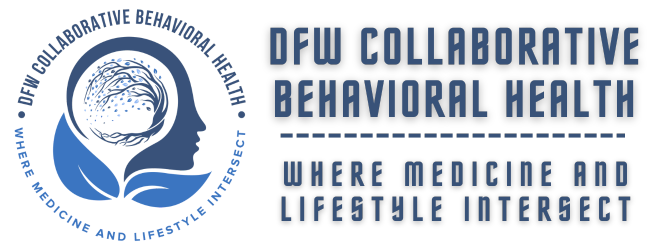Medication management can be a crucial component of treatment for adults dealing with mood disorders, depression, bipolar disorder, anxiety disorders, PTSD, OCD, and ADHD. Collaborative support involving healthcare professionals, caregivers, and individuals themselves can enhance the effectiveness of medication management. Here are ways in which medication management can be collaborative support:
- Initial Assessment: A healthcare professional conducts a thorough assessment to diagnose the specific disorder and determine the appropriate medication(s) and dosage(s) based on the individual’s symptoms and medical history.
- Education and Information: Healthcare providers educate individuals and their caregivers about the purpose, benefits, and potential side effects of the prescribed medication(s). This helps individuals make informed decisions and manage expectations.
- Monitoring and Adjustments: Regular follow-up appointments with healthcare providers allow for monitoring of the medication’s effectiveness and any side effects. Adjustments to the dosage or type of medication may be made based on the individual’s response.
- Adherence Support: Healthcare providers and caregivers can support individuals in adhering to their medication regimen by providing reminders, helping to organize medications, and addressing any barriers to adherence.
- Collaborative Decision-Making: Healthcare providers and individuals work together to make decisions about medication management, taking into account the individual’s preferences, lifestyle, and treatment goals.
- Lifestyle Modifications: In conjunction with medication, healthcare providers may recommend lifestyle modifications such as exercise, healthy diet, stress management techniques, and sleep hygiene to enhance the effectiveness of treatment.
- Psychotherapy: Medication management can be complemented by psychotherapy, such as cognitive-behavioral therapy (CBT), to address underlying psychological issues and develop coping strategies.
- Regular Communication: Open communication between individuals, caregivers, and healthcare providers is essential for monitoring progress, addressing concerns, and making any necessary adjustments to the treatment plan.
- Support Networks: Engaging with support groups or involving family and friends in the treatment process can provide additional support and encouragement for individuals managing these disorders.
- Advocacy and Empowerment: Collaborative medication management empowers individuals to take an active role in their treatment and advocate for their needs, leading to better treatment outcomes and improved quality of life.



